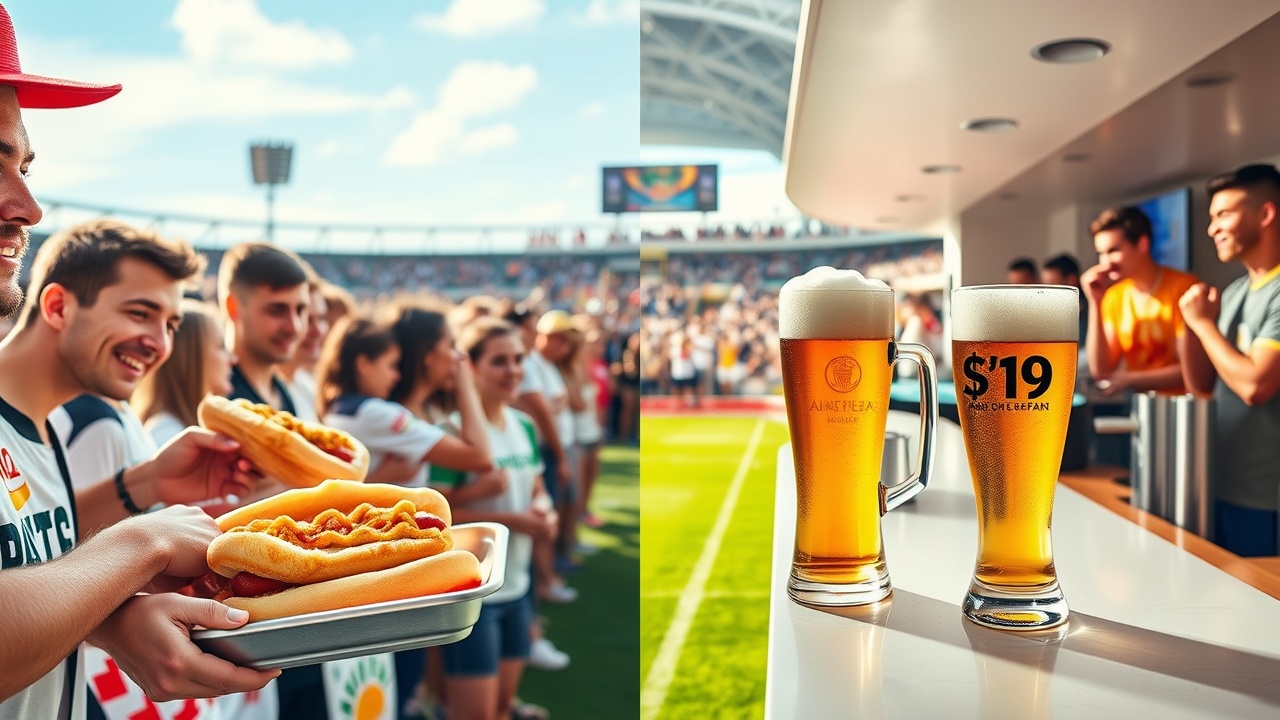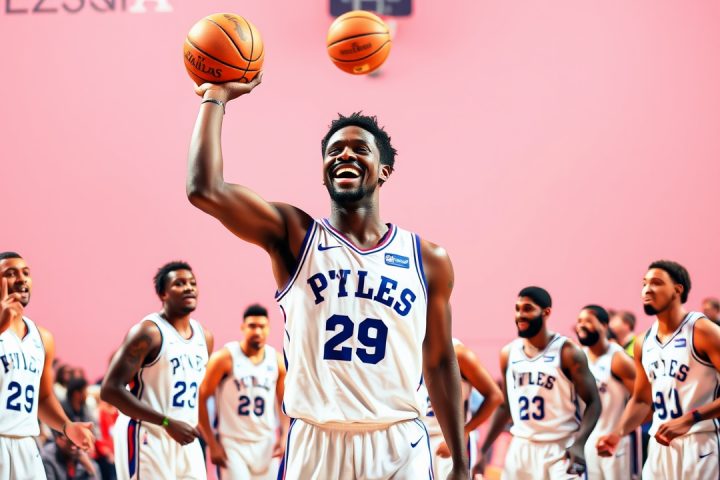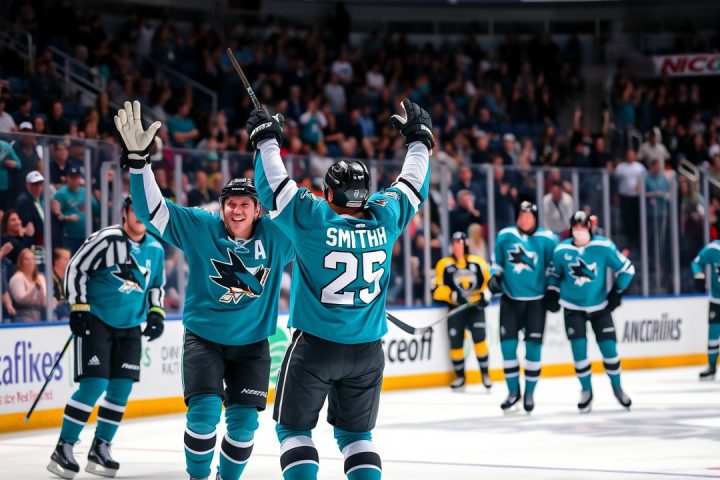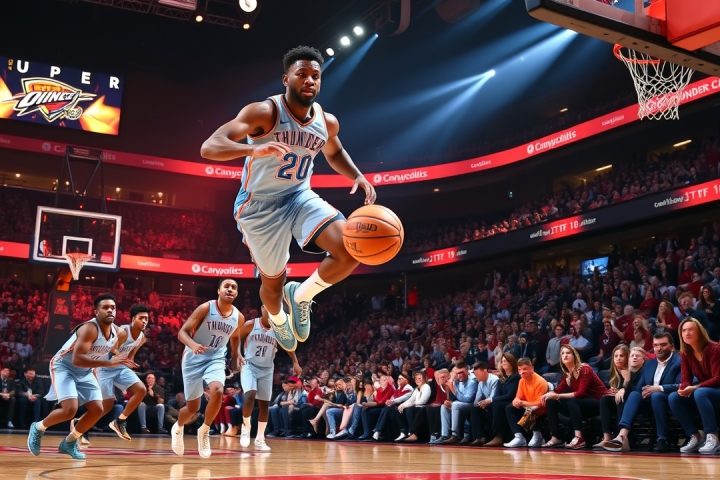FIFA Club World Cup: A Preview for 2026
This summer’s FIFA Club World Cup serves as a significant preview for the upcoming World Cup scheduled in the U.S. in 2026. For players, the tournament offers crucial insights into potential weather conditions, while FIFA gauges fan interest not only in attendance but also in the overall atmosphere of the event.
Food and Beverage Pricing at Venues
Recent observations have brought attention to a surprising aspect for spectators: the steep prices for food and beverages at stadiums. In an effort to uncover the truth amidst a flood of online opinions, we explored the options available at several Club World Cup venues.
Audi Field
Starting with Audi Field, home to D.C. United and the Washington Spirit, we found their menu included a rather pricey item: the “Souvenir chicken tender bowl,” which costs a staggering $25.99 before tax, pushing the total to $28.59 (£20.82). Other items at this location, such as the Marra Forni pizza and a standard chicken tender with fries, are priced at $20.50 (£14.93) and $15.49 (£11.28), respectively.
Rose Bowl
On the other hand, the Rose Bowl in Los Angeles presented a competitive menu, with their all-beef cheeseburger at $21.99 (£16.02) – this being their top-priced offering – and a hot dog for $7.99 (£5.81).
Bank of America Stadium
Charlotte’s Bank of America Stadium mirrored these prices but also added local flavor with a variety of fast-food options, including a double cheeseburger at $12.49 (£9.09) and chicken supremes priced at $8.49 (£6.19).
Mercedes-Benz Stadium
In stark contrast, the Mercedes-Benz Stadium in Atlanta has emerged as a beacon of affordability, with classic hot dogs priced at a mere $2 (£1.45). The venue maintains this pricing policy by ensuring that concession costs remain unchanged from those for regular events, allowing families to enjoy a meal for under $30, including various combo options. Tim Zulawski, President of AMB Sports & Entertainment, stated,
“The only non-negotiable for any promoter, including FIFA, is that our concession pricing stays as it is.”
Comparative Beverage Costs
Despite generally comparable food prices at these venues to those in the UK, the cost of drinks tells a different story. At the Rose Bowl, a 24oz domestic beer can set fans back $16.49 (£12), with premium options costing even more. The Mercedes-Benz Stadium, however, counters with a domestic beer priced at $9 (£6.55), which is relatively reasonable when compared to other sports venues.
A study highlights that the priciest beer in the Premier League last season was £7.30 ($10) at West Ham’s London Stadium. Non-alcoholic beverages at the Atlanta venue are also competitively priced, with refillable soda costing just $2 and bottled water at $3. In comparison, MetLife Stadium typically charges $5 for bottled water, aligning with the range found across other sampled venues where bottled water generally falls between $4 and $6. Some locations even provide complimentary water fountains.
Future Implications for the World Cup
Unique to the Mercedes-Benz Stadium is its commitment to affordable consumer pricing, a strategy introduced by owner Arthur Blank, emphasizing items like hot dogs and burgers at family-friendly rates. On the other hand, venues like the Rose Bowl embody more typical stadium pricing scenarios, which fans may expect to see at large events next year.
While Miami’s Hard Rock Stadium will host several matches during the World Cup and previously offered burgers and hot dogs for under $10, recent reports indicated a surprising $28 (£20.40) expenditure for a snack including chips and a bottled drink during the Club World Cup.
FIFA has clarified that food and beverage pricing is determined at the discretion of each venue’s concessionaires, with agreements regarding revenue splits being confidential. Looking forward to 2026, those prices will again reflect local culinary offerings, emphasizing each host city’s cultural backdrop.
Alcohol Consumption at Matches
The consumption of alcohol at matches has varied significantly in recent history, exemplified during the 2022 World Cup in Qatar where alcohol sales faced restrictions. In contrast, the U.S. football culture openly embraces the sale of alcohol during matches, a tradition well established in American sports venues, distinctly different from UK regulations where such practices have faced limitations since 1985.




